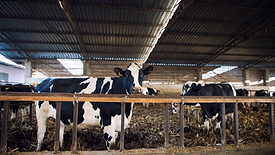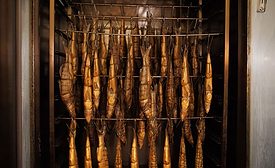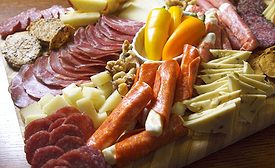Food Type
Understanding Hot and Cold Smoked Fish Processing and Safety
Consumer-driven modifications in smoked fish processing present a specialized set of food safety hazards and unique challenges to control them
December 19, 2024
It's Time to Reformulate Deli Meats to Reduce the Risk of Listeria monocytogenes
Multiple measures are needed to reduce the risk of listeriosis associated with RTE foods
December 17, 2024
Never miss the latest news and trends driving the food safety industry
eNewsletter | Website | eMagazine
JOIN TODAY!Copyright ©2025. All Rights Reserved BNP Media.
Design, CMS, Hosting & Web Development :: ePublishing











